An Eye-Opening Experience
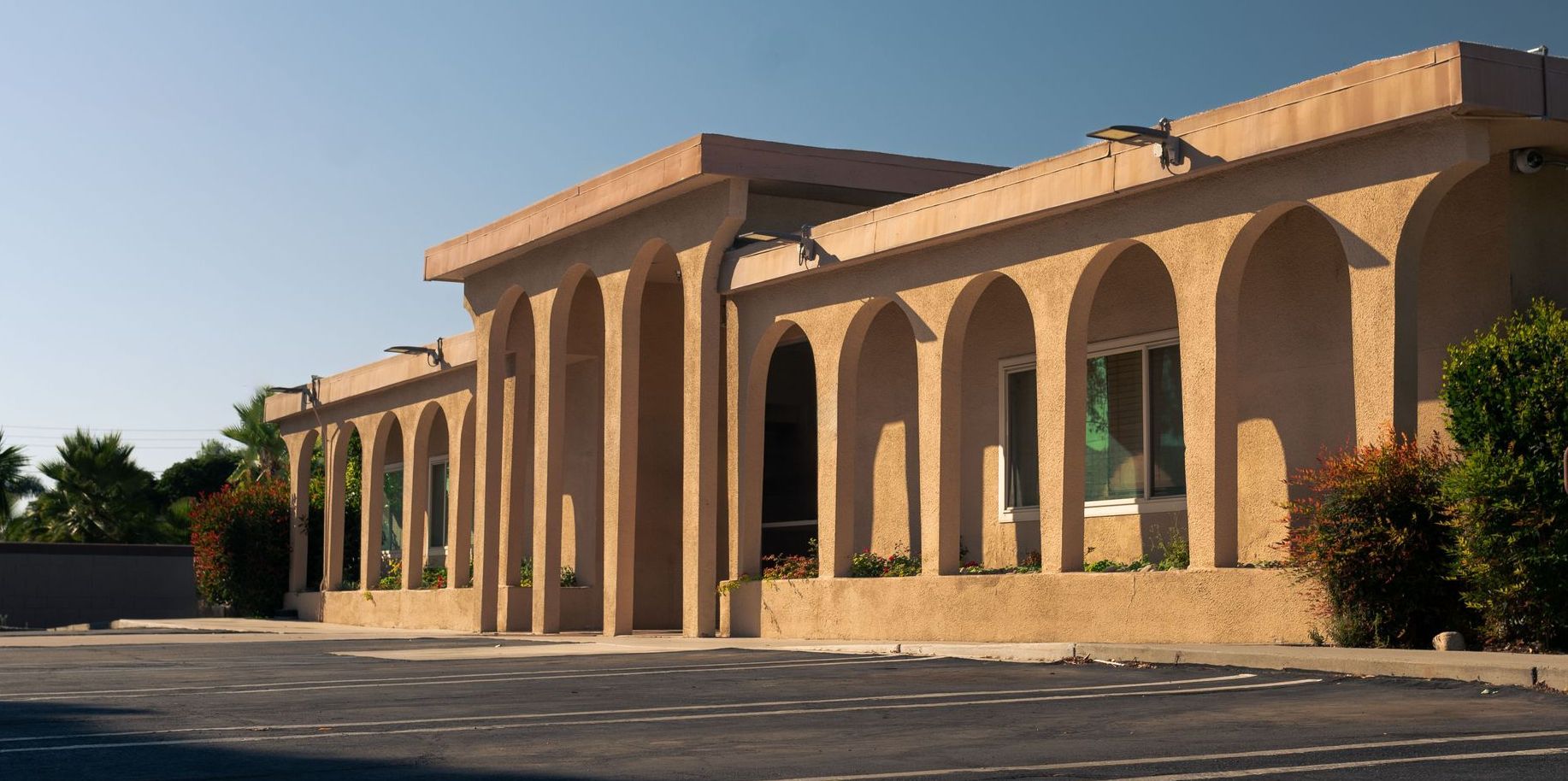
“Cedar House opened my eyes to see that it’s okay to need help; it’s okay to be bi-polar; and it’s okay to grow through things.”
Sheri was brought into the world under the most difficult conditions. She was born in a hotel room to two addict parents. Her mother shot her up with heroin to quiet her as an infant which resulted in a lifetime of physical and mental disorders to overcome. But Sheri was strong. Even as a young child, she overcame the adversity. She was blessed to be adopted by loving parents at the age of five. They were LA County police officers and cared for her deeply the best way they knew how.
Sheri always had a strong urge to use drugs and alcohol. She wanted to experiment and explore as a teenager. She said, “I was just wild!” At the age of 16, she was diagnosed with bipolar disorder but didn’t begin treatment until she was 22. She married her first husband when she was 18, and he was 35. During their first few years of marriage, she suffered through four miscarriages and her husband’s abuse. She said, “I just felt so alone. I wanted to try and get sober.” Sheri ended up getting arrested during this wild streak as she battled her addiction, fear, loneliness, and the shame she felt from years of sexual abuse.
Fortunately, the STAR program was an ideal fit for Sheri. When she completed her time in jail, she went directly to Cedar House for three months through that program. She said, “The staff at Cedar House opened up my eyes. You guys helped me so much.” She recalled that she related to case manager Salena’s personal story and knew that she would learn from her. She said, “Someone was finally going to help me get my mental health right.”
Cedar House opened Sheri’s eyes to the 12-step program, and she began to understand that it’s okay to ask for help. She said, “The atmosphere was warm, comfortable, and it felt safe to open up.” During her time in treatment, the Cedar House staff also counseled Sheri’s parents to understand how to support her through the challenges she was going through. She said, “They were just so angry, but they learned, ‘It’s okay. Let’s pick ourselves up. We can do this together.’”
The last time Sheri used was 12/23/12. She worked the program, got a sponsor, got re-married and had a son. To this day, when using comes up, she reminds herself to play the tape all the way through. She said, “I tell myself that I don’t want to go to jail, and I don’t want to be like my birth mother.”
Today, she continues to go to therapy once a week; she takes the right medication for her condition; and she thanks God every day for the program at Cedar House. She loves to give back and proudly donates clothes to Cedar House and Maple House on a regular basis.
She said, “If I wasn’t sober, I wouldn’t be alive. I’m so grateful for my family, the STAR program, and Cedar House. I just want to give back.”
The STAR Program helped Sheri find sober living after treatment. Once she got on her feet, she found employment with Amazon as a packer where she worked her way up to the human resources department.
Cedar House laid the foundation for Sheri’s life in recovery. She said, “I don’t feel shameful anymore. I feel safe to open up. I was there to work the program and take care of myself. Now, I just try to stay a good human – to always be as kind as possible to anyone I meet. They might be going through it.”
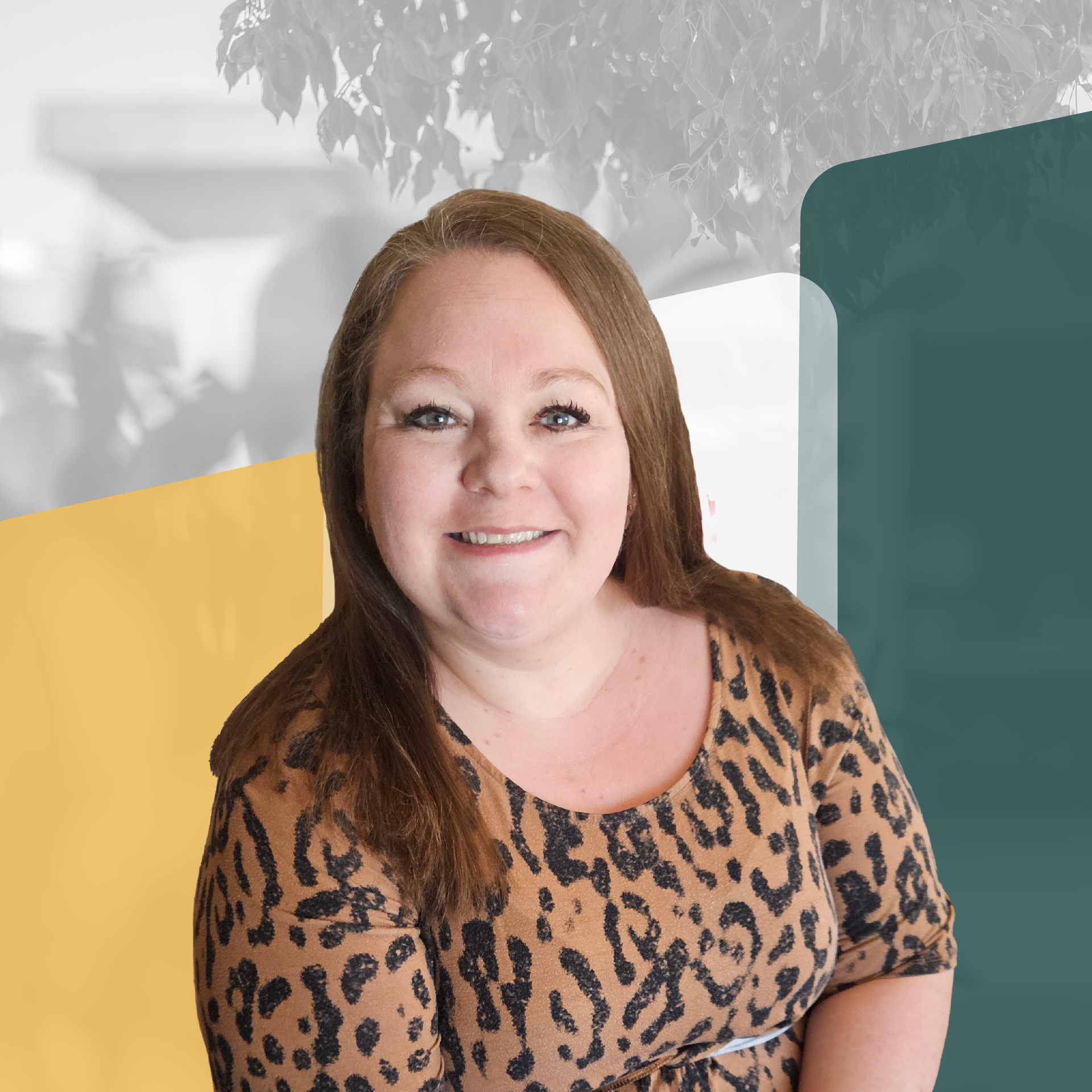
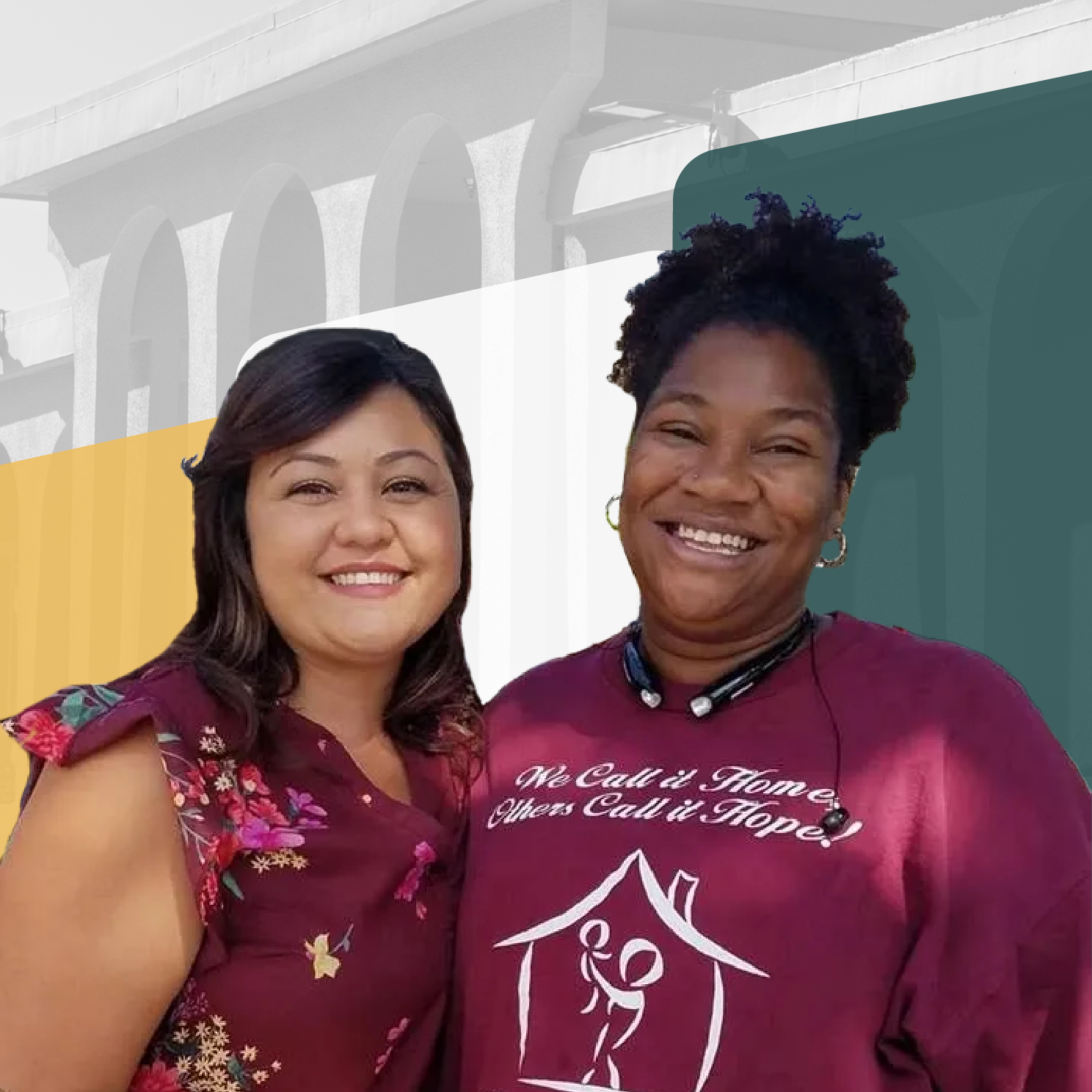
There is nothing quite as powerful as a mother’s love. From the moment her son was born, Sereeta knew she would do everything she could to protect him. She had already experienced the heartbreak of losing her children once, and she was determined never to feel that pain again. Sereeta’s struggle with addiction began at the age of 19. She entered treatment and remained sober for six years, building a life she was proud of. But everything changed when she became a victim of domestic violence. The abuse eventually led to her losing custody of her five children -- a loss that shattered her world and led to relapse. “I could not get away from him. He would try to control me.” Desperate to escape the violence, Sereeta left and began living on the streets. She slept near a shopping center, searching for safety and resources wherever she could find them. One day, at a charity donations center, a woman noticed her and offered help. That connection led Sereeta to Cedar House, where she sought treatment for methamphetamine and marijuana addiction, and where her life began to change. “I knew I wanted a change but didn’t know how.” Years of trauma and loss had taken a toll. Sereeta struggled with anger and didn’t yet know how to process the pain she carried. What surprised her most was the compassion she encountered at Cedar House. Staff members didn’t give up on her. They believed in her, even when she struggled to believe in herself. “I saw that different people had hope in me.” Just one week after arriving at Cedar House, Sereeta was hospitalized. Over the next three weeks, she remained in close contact with staff, calling regularly for reassurance. “I didn’t want to lose my son. I didn’t want to feel that pain again.” After an eight-hour surgery and a blood transfusion, Sereeta gave birth to a healthy baby boy. But the next day, a police officer and social worker arrived at her hospital room with the devastating news that she would not be taking her baby home. Four days later, Sereeta returned to Cedar House with 34 surgical staples, deep emotional wounds, and a renewed determination. “That’s when I believe my journey started. I was fighting for that little boy. I never fought so hard for anything in my life.” The first month was difficult. Sereeta continued to wrestle with anger, grief, and the trauma of her past. “The first month was hard. It was a battle for me.” Over six months at Cedar House, Sereeta did the work. She achieved sobriety, learned healthy ways to manage her anger, and began rebuilding her faith. “I didn’t realize God had something else in store for me. I just had to trust in the process.” After completing treatment, Sereeta transitioned into other supportive housing. Slowly, she began having overnight visits with her son. On August 22, those visits became extended stays. On September 5, she was granted full custody of her baby boy. Today, Sereeta is a full-time Civic Engagement Specialist for a charitable foundation. She lives in her own apartment with her son and spends every other weekend with all of her children. “I have established leadership skills, budgeting skills, and learned how to be a productive member of society as a mother.” Looking back, Sereeta speaks of the “true, honest support” she found at Cedar House. The love and care she received from staff, and even something as simple as an Acceptance Prayer, carried her through moments when she felt overwhelmed. “If it wasn’t for Cedar House, I would still be traumatized by the domestic violence. The staff members showed me love like I’ve never been shown before.” Sereeta’s story is one of resilience, healing, and the power of believing in someone until they can believe in themselves. It is a testament to what is possible when compassion meets commitment, and when a mother is given the support she needs to fight for her future and her family.
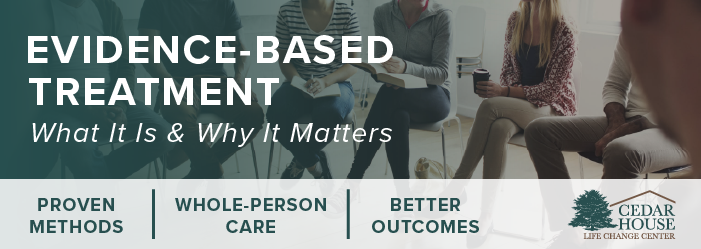
When someone is seeking help for drug or alcohol addiction, one of the most important questions to ask is: Is this treatment evidence-based? The answer can make a meaningful difference in recovery outcomes, safety, and long-term stability. At Cedar House Life Change Center, evidence-based treatment is the foundation of everything we do. Our programs are designed using approaches that are backed by research, clinical best practices, and decades of real-world experience serving individuals and families in the Inland Empire. What Does “Evidence-Based Treatment” Mean? Evidence-based treatment refers to therapies and clinical practices that have been scientifically studied and proven effective in treating substance use disorders and co-occurring mental health conditions. These approaches are recommended by national health authorities and continuously evaluated to ensure they improve outcomes. Unlike untested or purely anecdotal methods, evidence-based care relies on: Clinical research Outcome data Professional standards of care Ongoing evaluation and improvement In addiction treatment, this matters because recovery is complex, personal, and deeply impacted by mental health, trauma, and social factors. Why Evidence-Based Treatment Matters in Recovery Addiction affects both the brain and behavior. Effective treatment must address more than substance use alone. Evidence-based treatment: Improves engagement and retention in care Reduces relapse risk Supports mental health and emotional regulation Helps individuals build practical coping skills Increases long-term recovery success For families and referral partners, evidence-based care also provides confidence that treatment decisions are grounded in proven methods—not trends or shortcuts. Evidence-Based Treatment at Cedar House Cedar House has served adults seeking recovery for decades, and our treatment model continues to evolve based on best practices and community need. Structured, Research-Supported Curricula Cedar House utilizes well-established, evidence-based curricula, including: The Matrix Model, a structured approach shown to be effective in treating substance use disorders Living in Balance, a nationally recognized curriculum that addresses substance use, mental health, relapse prevention, and life skills These frameworks provide consistency while allowing flexibility for individual needs. Integrated, Whole-Person Care Evidence-based treatment recognizes that recovery is not one-size-fits-all. At Cedar House, clients participate in therapeutic groups and services that address: Substance use patterns Co-occurring mental health conditions Trauma and stress Family relationships Emotional regulation and coping skills This integrated approach supports both short-term stabilization and long-term recovery. Medication-Assisted Treatment (MAT) When clinically appropriate, Cedar House incorporates Medication-Assisted Treatment (MAT) as part of an evidence-based recovery plan. MAT is widely recognized as an effective tool for reducing cravings, supporting stabilization, and improving treatment retention, especially when combined with counseling and behavioral therapies. Individualized Services While evidence-based models provide the framework, treatment at Cedar House is always individualized. Clinical teams work with each client to develop a plan that reflects their history, goals, strengths, and challenges. T his balance between structure and personalization is a hallmark of effective evidence-based care. Why Evidence-Based Care Matters for Families and Referral Partners Choosing a treatment program is a significant decision. Evidence-based treatment offers reassurance that: Care is aligned with clinical standards Services are ethically and professionally delivered Treatment approaches are supported by research and outcomes Recovery planning is intentional and goal-oriented For referral partners, evidence-based programs help ensure continuity of care and better outcomes for the individuals they serve. A Commitment to Quality and Accountability At Cedar House, evidence-based treatment is not a buzzword. It’s a commitment. Programs are continually reviewed, staff are trained in best practices, and services are delivered with compassion, accountability, and respect for each individual’s recovery journey. Getting Help That’s Grounded in What Works If you or a loved one is exploring treatment options, understanding whether a program uses evidence-based approaches is an important first step. At Cedar House, treatment is grounded in what works because recovery deserves care that is informed, intentional, and proven. To learn more about Cedar House programs or to access services using private health insurance, explore the website or call 909-421-7120 today.
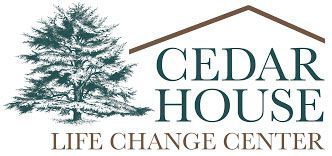

Share On: